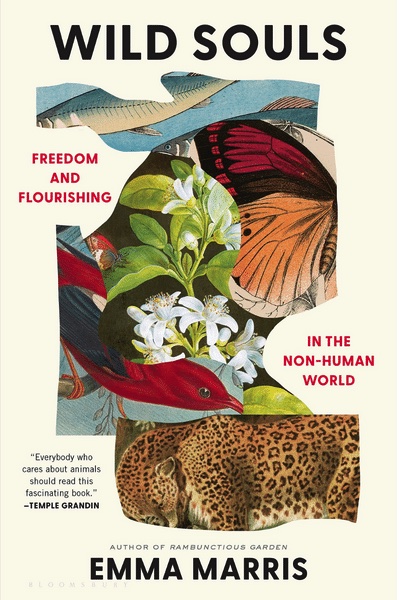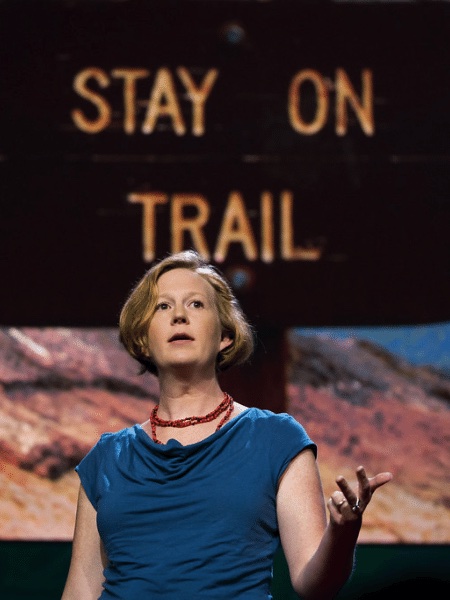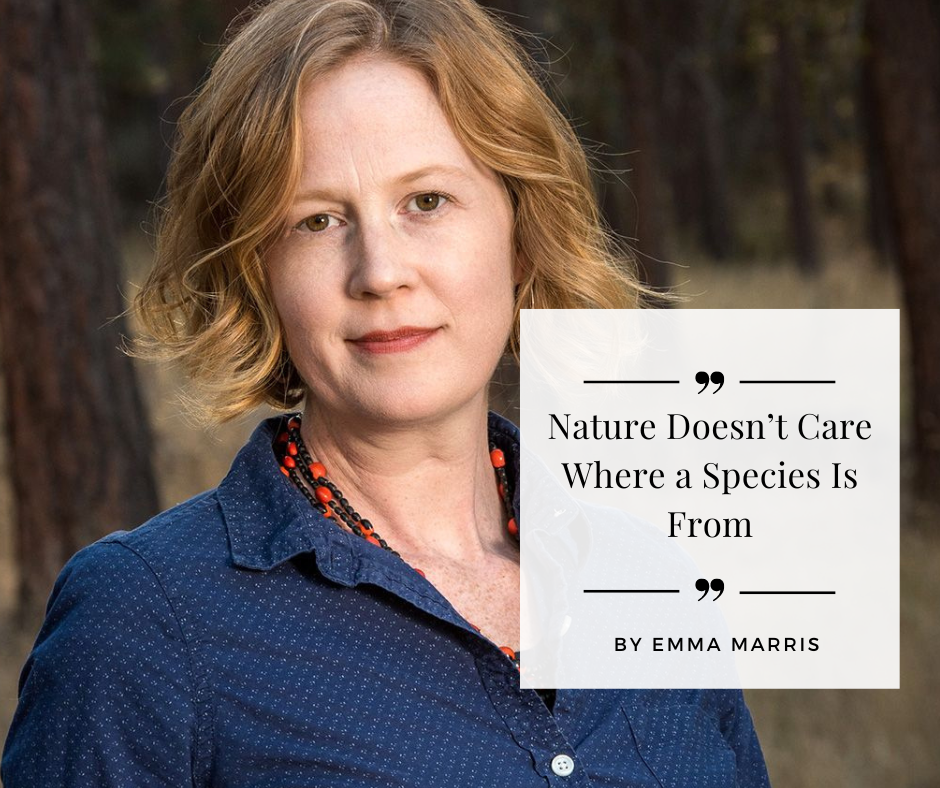Emma Marris is a writer and author originally from Seattle, Washington. She has written about the entanglements between humans and nonhumans for many magazines and newspapers, including National Geographic, Wired, The New York Times, Nature and The Atlantic. She has a Master’s in Science Writing from Johns Hopkins University.
In her first book, Rambunctious Garden: Saving Nature in a Post-Wild World, Emma Marris asks a provocative question: what do we mean when we say we want to preserve nature? What counts as “nature” in the 21st century? For decades people have unquestioningly accepted the idea that our goal is to preserve nature in its pristine, pre-human state. But many scientists have come to see this as a category error that thwarts bold new plans to save the environment and prevents us from having a fuller relationship with nature. Humans have changed the landscapes they inhabit since prehistory, and climate change means even the remotest places now bear the fingerprints of humanity. Rambunctious Garden is short on gloom and long on interesting theories and fascinating narratives. Readers meet leading scientists and environmentalists and visit imaginary Edens, designer ecosystems, and Pleistocene parks. Marris describes innovative conservation approaches, including rewilding, assisted migration, and the embrace of so-called novel ecosystems.
In 2021, Emma published her second book, Wild Souls: Freedom and Flourishing in the Non-Human World. Transporting readers into the field with scientists tackling profound challenges, Emma tells the affecting and inspiring stories of animals around the globe–from Peruvian monkeys to Australian bilbies, rare Hawai’ian birds to majestic Oregon wolves. And she offers a companionable, easy-to-understand tour of the philosophical ideas that may steer our search for sustainability and justice in the non-human world. Revealing just how intertwined animal life and human life really are, Wild Souls will change the way we think about nature-and our place within it.
Emma lives in Oregon with her husband—with whom she occasionally co-authors environmental philosophy papers—and their two children.












